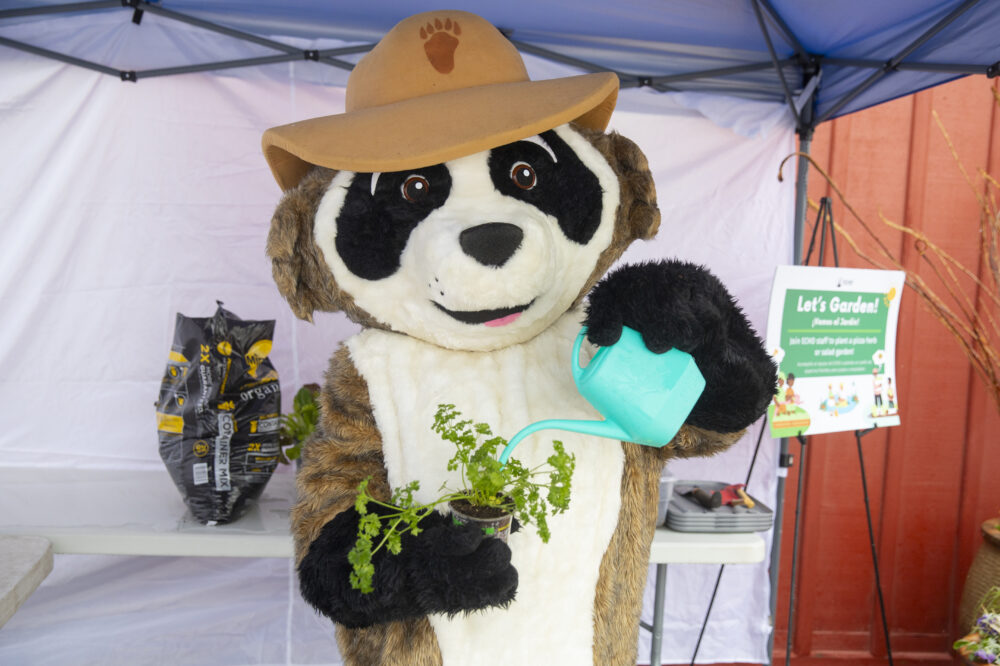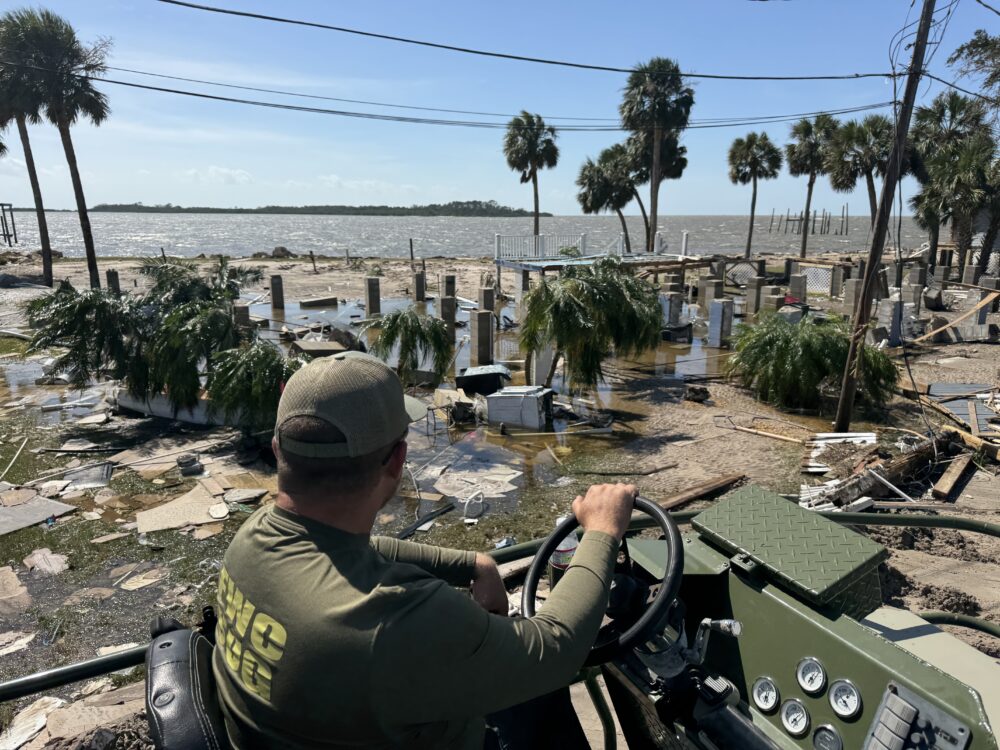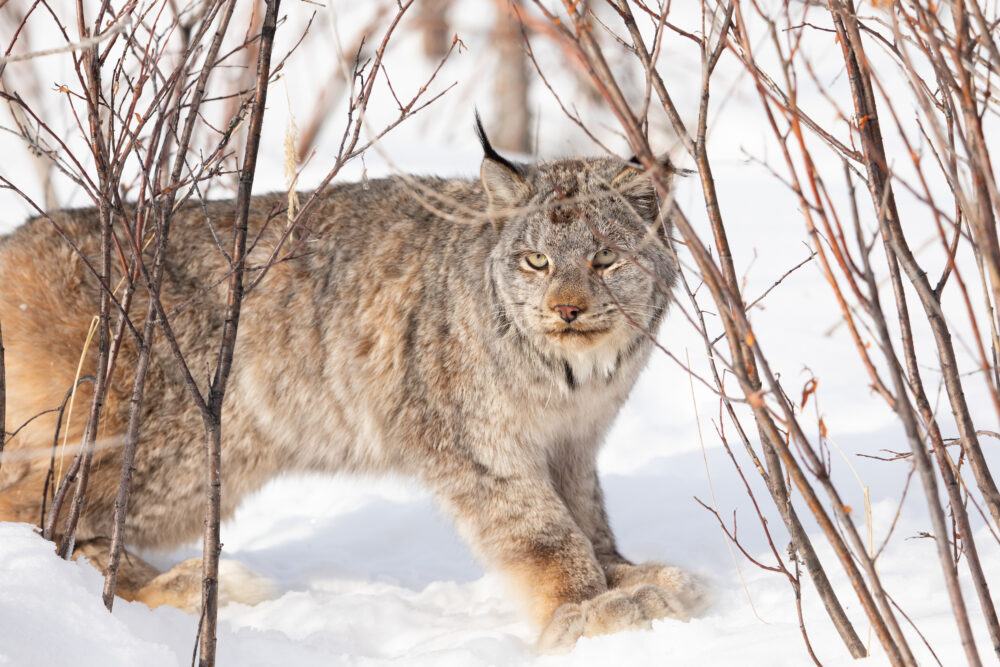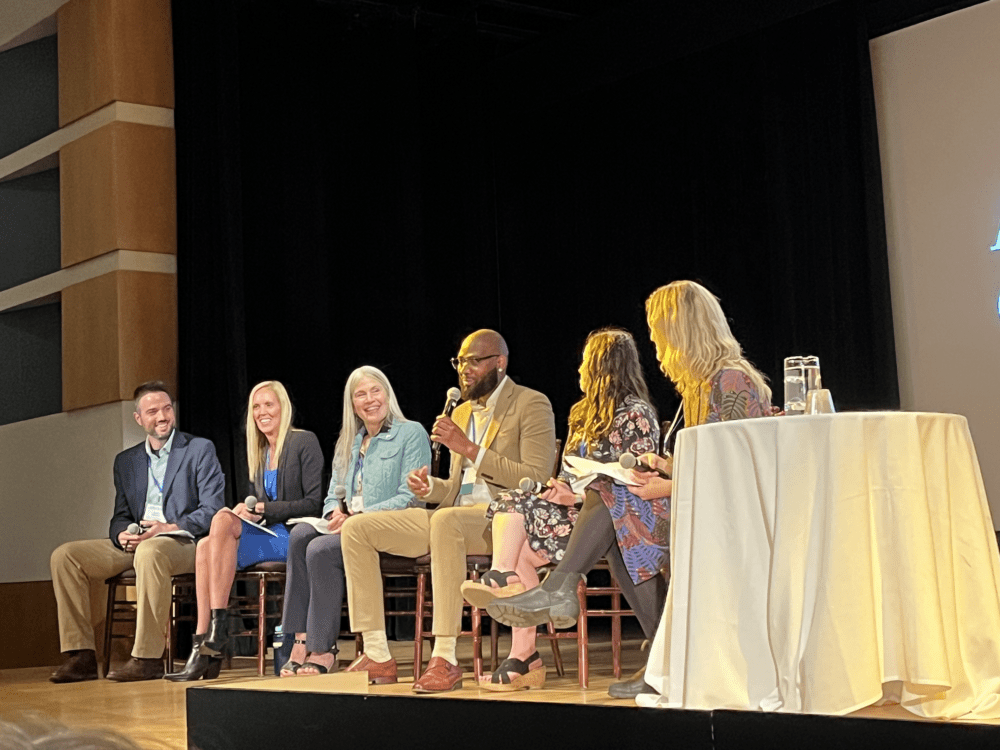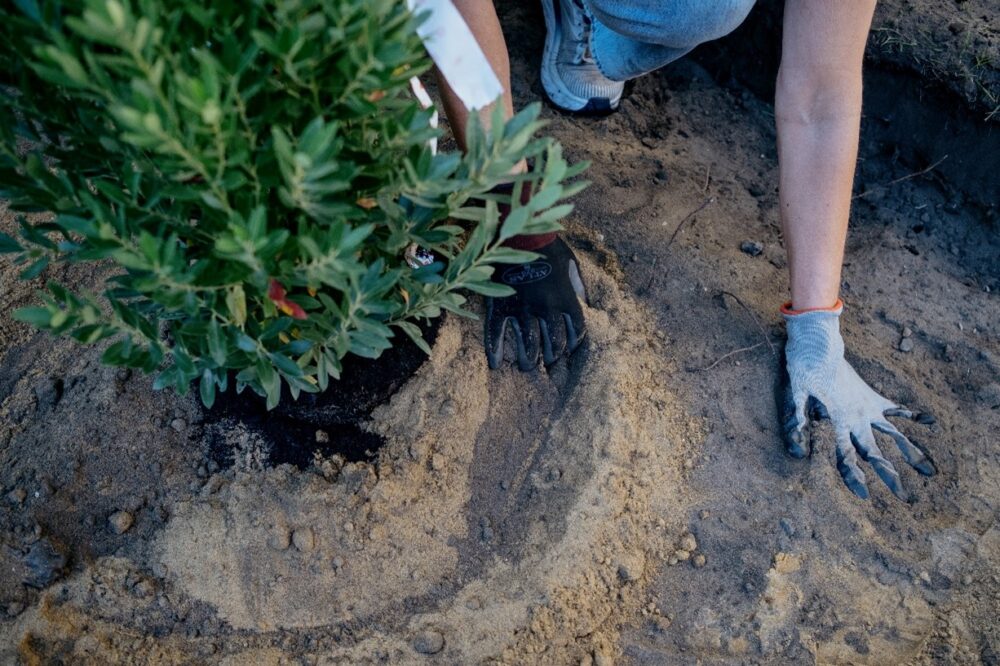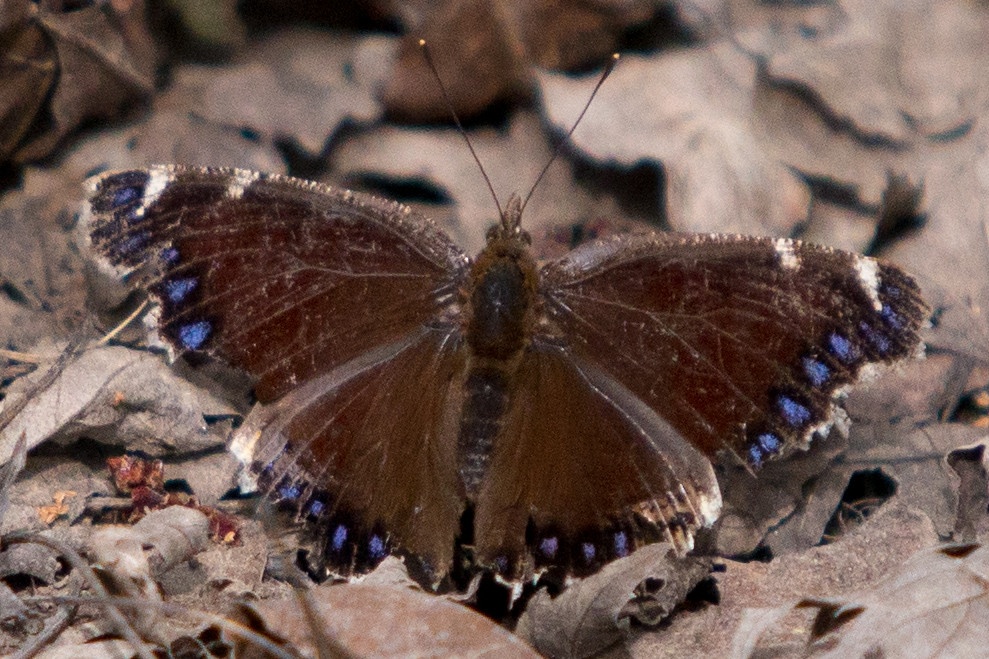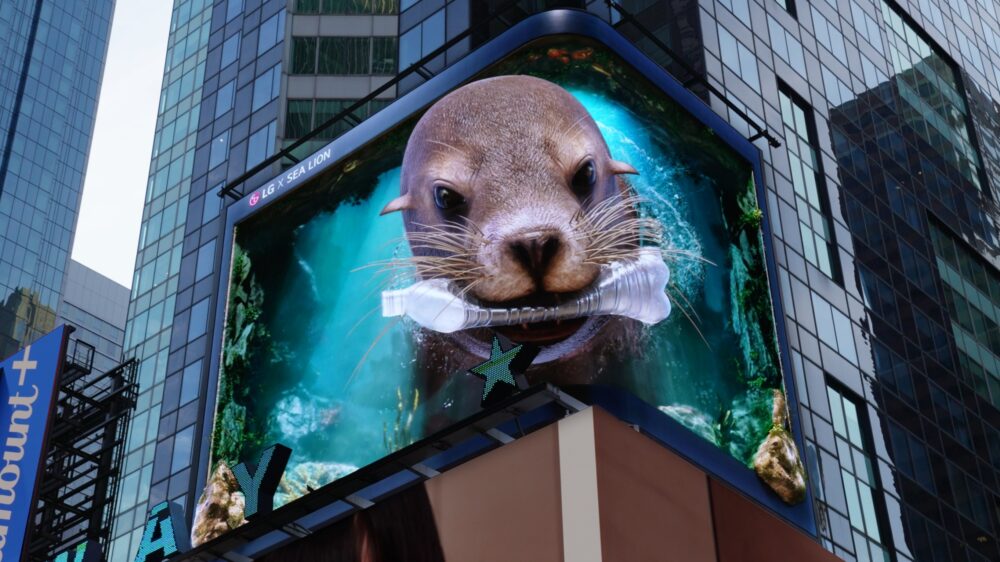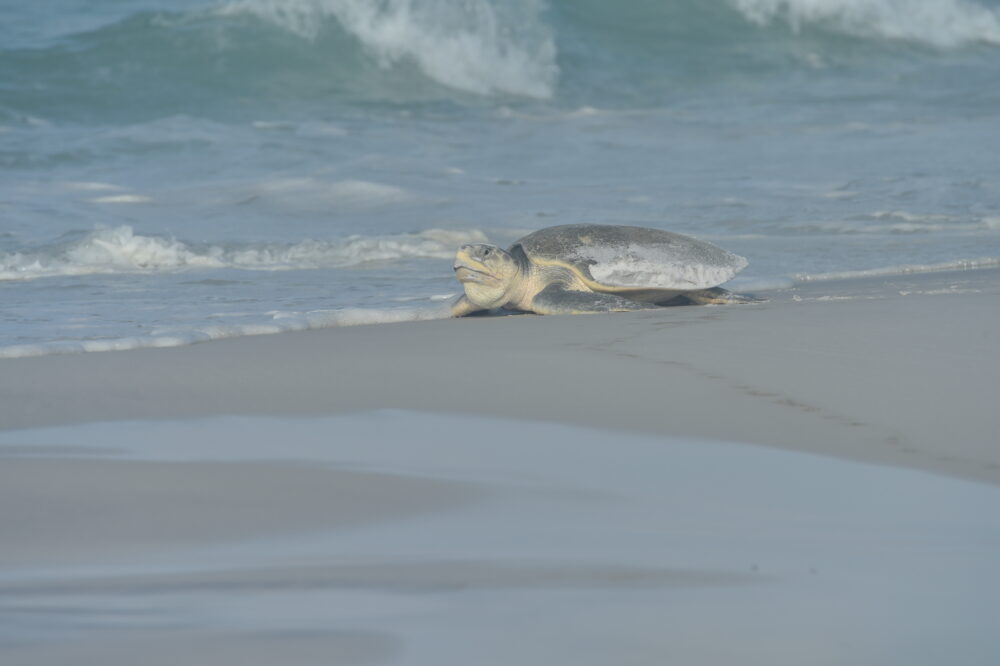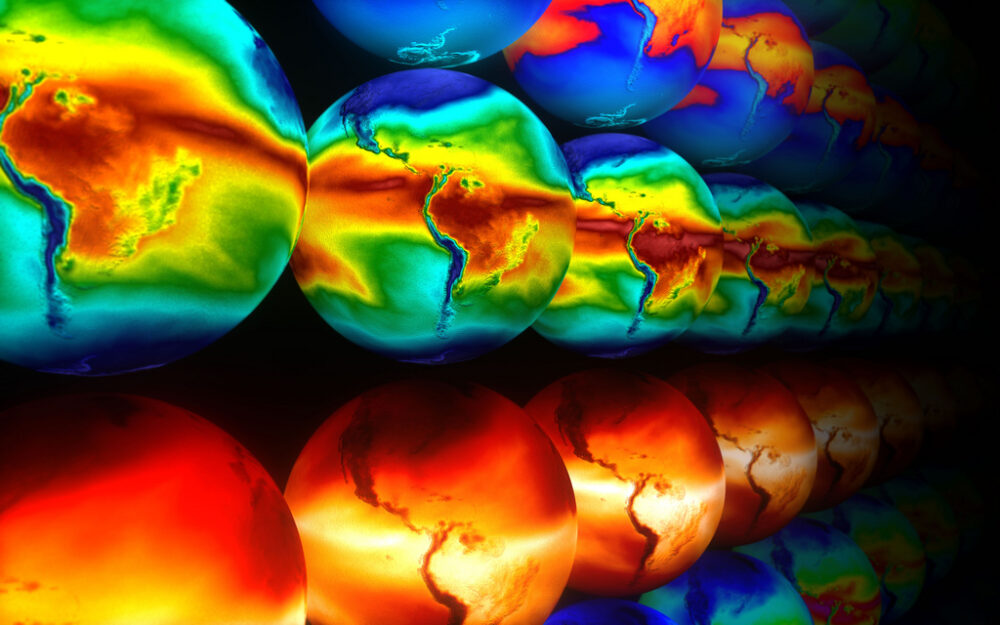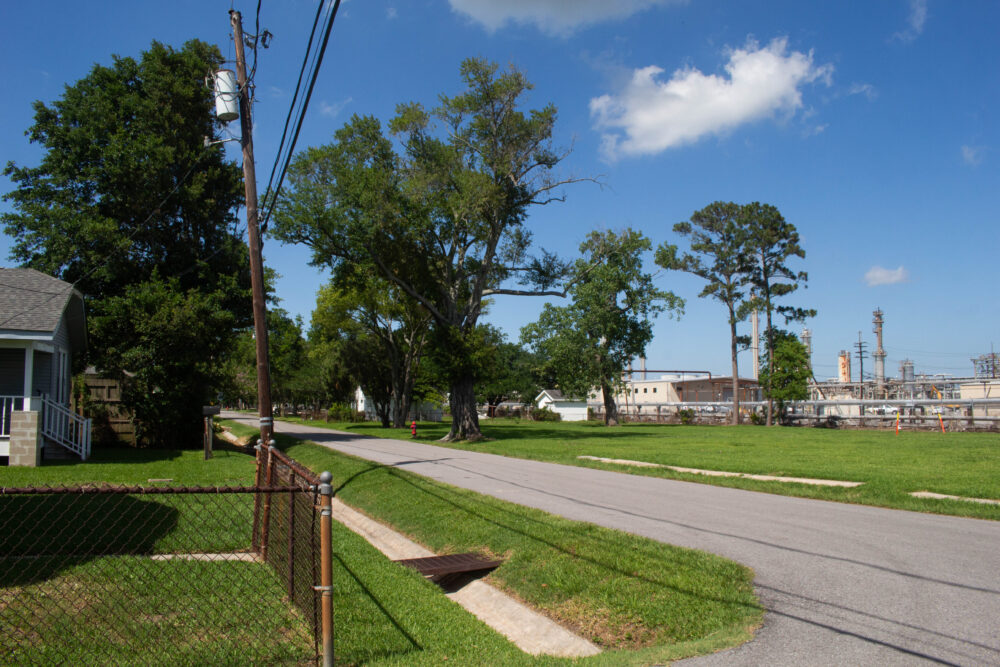We have much more to do and your continued support is needed now more than ever.
Warming Waters, Wildlife, and Communities
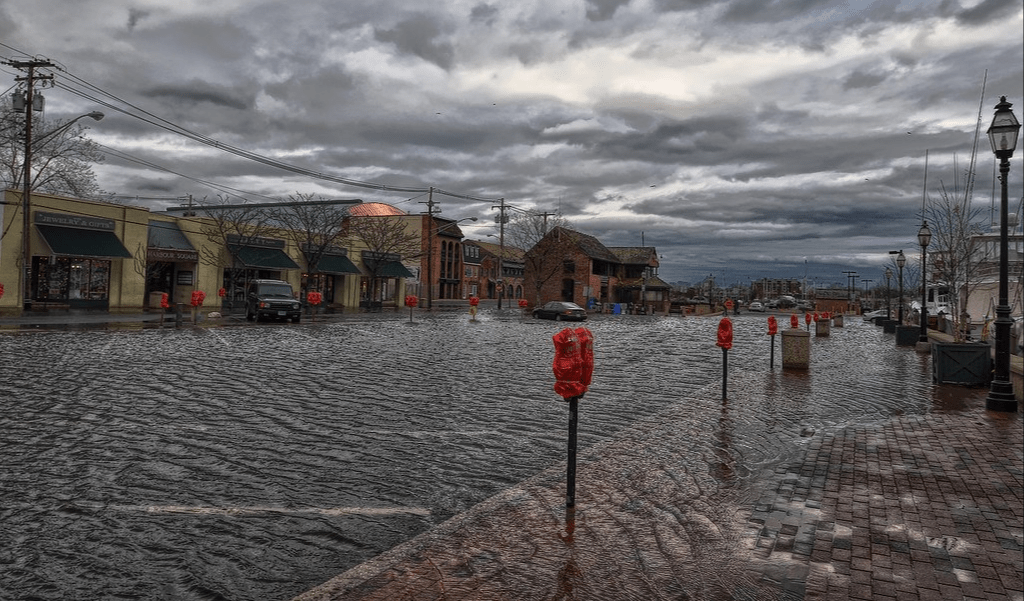
It’s June 2022 and wildfires are erupting in the West, including in the place I call home: California. With high temperatures and dry conditions caused by climate change, these fires are becoming more frequent and deadly. This is just one of the many impacts that our changing climate has on wildlife and people. During this webinar titled Warming Waters, Wildlife, and Communities, we take a deep dive into the ways in which our warming world is harming both communities and wildlife—and how the connection between these two are tightly interwoven.
Without healthy communities, we cannot protect wildlife and our natural world. And without healthy wildlife populations, without clean air and water, we cannot have healthy, thriving communities. Throughout the session, National Wildlife Federation’s leaders on clean water speak to these interconnected challenges and the ways in which the National Wildlife Federation is committed to addressing these problems through the lens of water.
Reducing the Impacts of Climate Change
From exploring the role of beavers to adapting new and innovative coastal resiliency initiatives to reduce flooding, National Wildlife Federation undertakes many efforts to reduce the impacts of climate change. Climate change has a disproportionate impact on communities of color and low income communities.
In sacrifice zones, which are marginalized, low-income communities and often communities of color, that are treated as less worthy of protection and in turn become over-polluted and over-extracted—to the point that are highly impacted and exposed. In order to fight climate change, we must understand how systemic oppression and racism have influenced these sacrifice zones.
Committing to Anti-Racism
National Wildlife Federation is committed to anti-racism and deepening our understanding of these systems and their direct connection to our work. By tuning in to this webinar, you will learn more about these important connections, grounded in the stories of our panelists. We hope this content deepens your thinking, raises important questions, and opens the door towards a more complex understanding of issues that impact people and wildlife.





